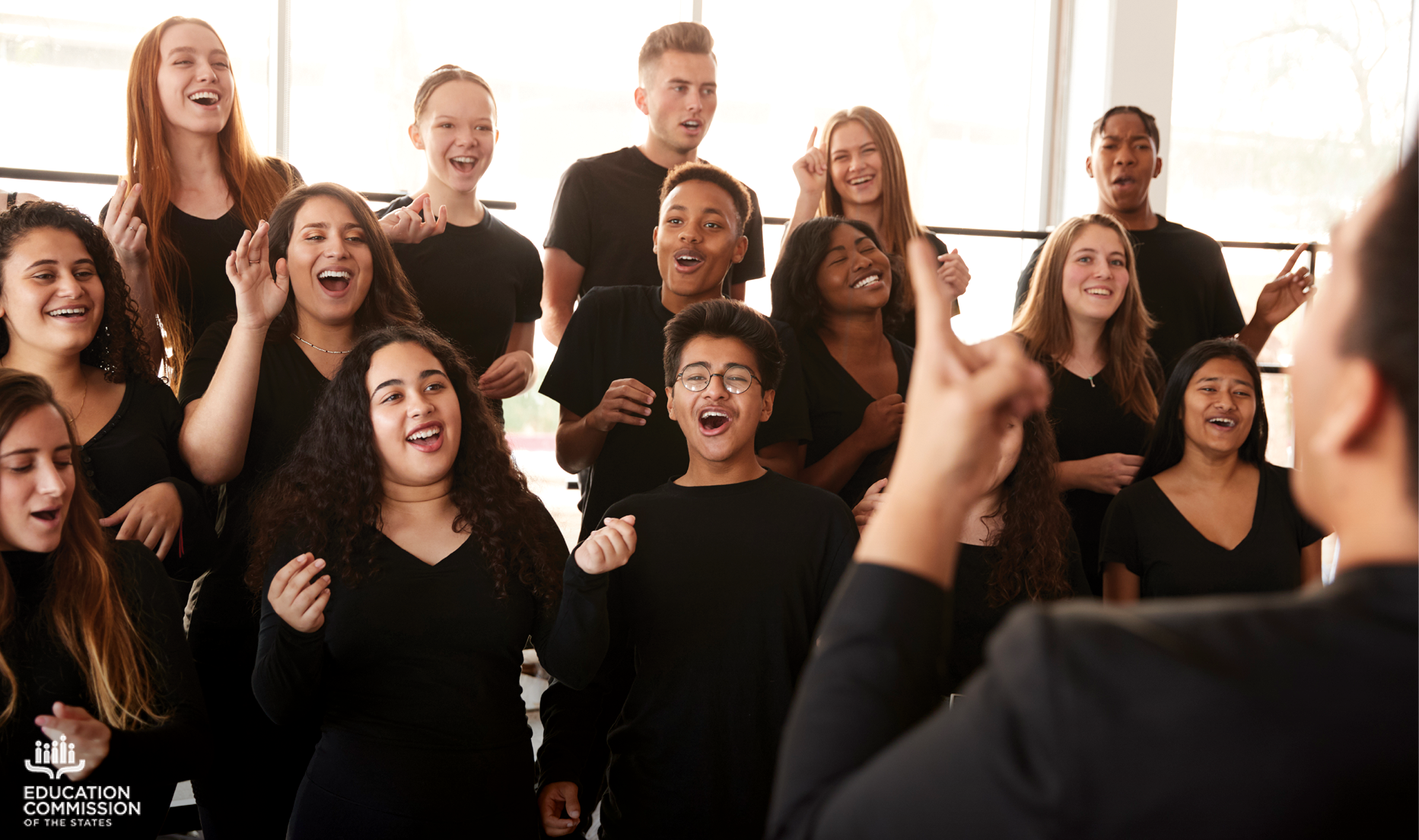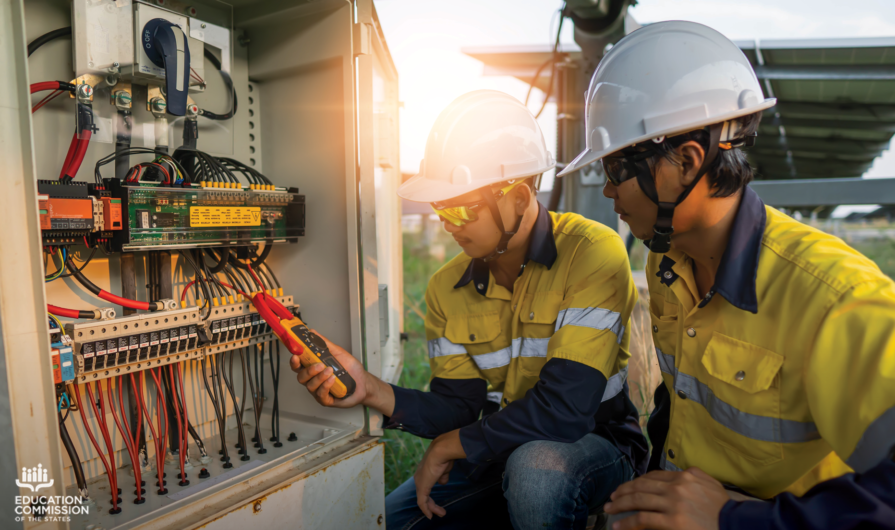Roughly 90 percent of U.S. parents want their children to learn more about career options earlier in their schooling. Despite this, only a small but growing collection of states have expanded career exploration outside of high school. Research suggests that career exploration is positive for middle school students, based on where they are in their development and their desire to explore through hands-on experiences.
With the passage of the Strengthening Career and Technical Education for the 21st Century Act, commonly referred to as Perkins V, states now have an opportunity to use funds to support career exploration for students in grades five through 12 — so long as the programs are sustained interactions with industry or community professionals, as defined under the law. The expansion is a notable shift from Perkins IV, which set the lower limit at grade 7.
As shared previously in this blog series, different types of experiences can be considered work-based learning. One such work-based learning experience is career exploration, which involves students learning about different careers through interactions with professionals in an authentic work setting. Depending on the structure of the program, students can learn about employability skills, connect academic interests and classroom learning with potential careers, and begin the process of identifying and planning for learning opportunities in high school.
Some states, like Nebraska, have well-established middle school career exploration that aligns with and serves as an introductory process to the state’s CTE program and its 16 career clusters. As states develop their Perkins V plans, there are opportunities within the law’s definition of work-based learning to develop, expand and scale middle school career exploration as part of already-existing CTE and work-based learning programs. There are some broad topics and questions states can consider along the way:
- Alignment
- How do career exploration experiences connect to classroom learning in middle school and beyond?
- Are middle school career exploration activities part of a continuum of experiences and learning that extends to high school and beyond?
- Are there standards for career exploration, and do they align with high school standards?
- Access and Equity
- Does the career exploration program provide equal access and opportunity for rural students?
- Are students being exposed to a range of industries and career fields across the state?
- Counseling and Advising
- Are there opportunities for students to discuss their interests and connect them to classroom learning activities?
- As students progress through middle school and transition to high school, are there counselors to support them in planning for future learning that connects their interests with classroom and work-based learning experiences?
- How can middle school career exploration experiences be used to support a student’s transition from middle school to high school?
With the ability to use federal funds to support early middle school career exploration, states have an opening to create opportunities for students to begin the exploration process earlier in their academic career. In states that already have middle school programs, there is an occasion to expand and scale the programs to reach more students.










